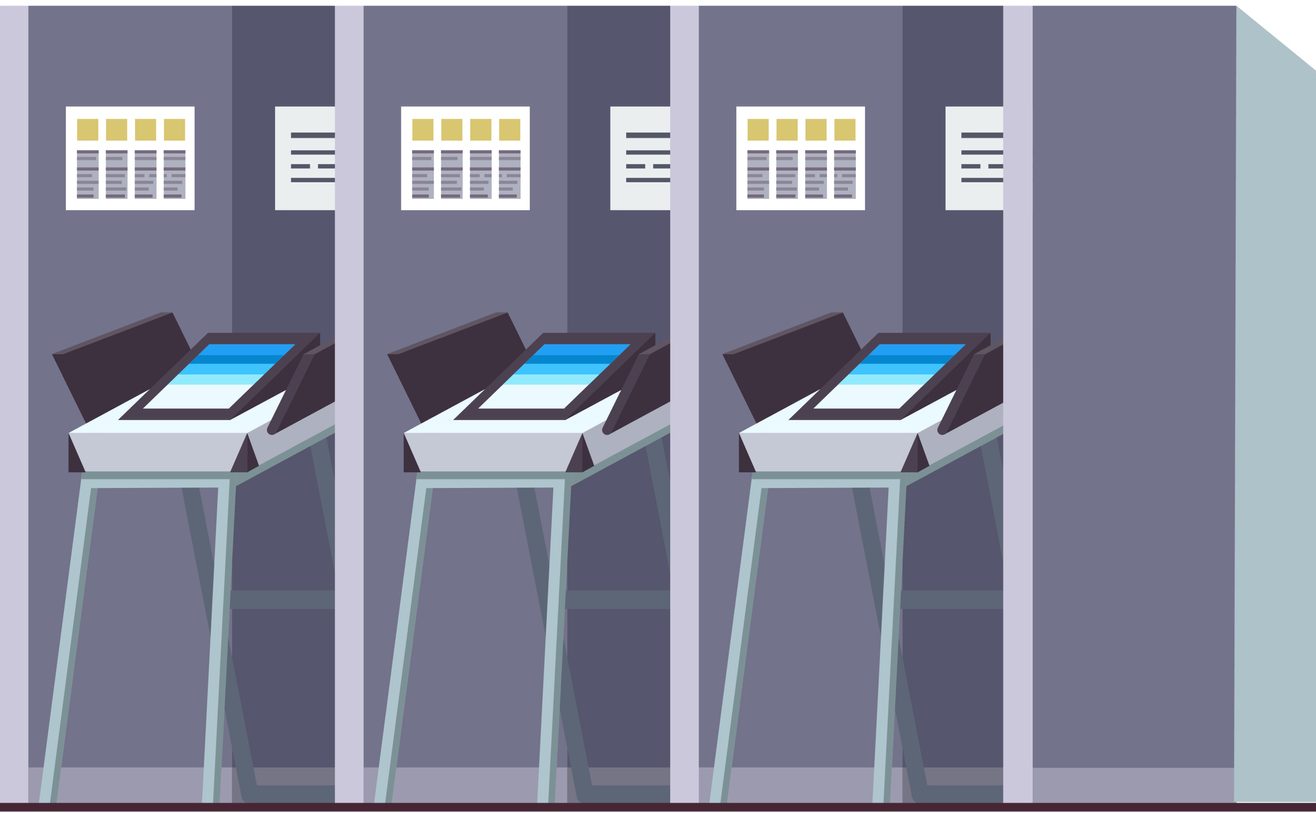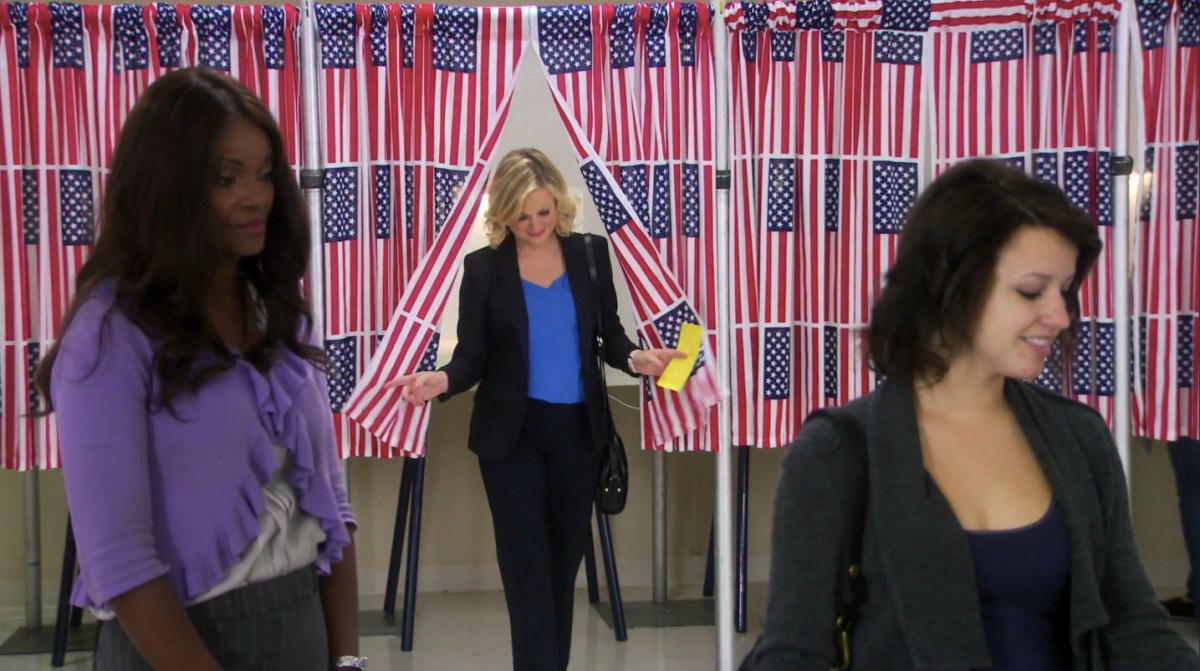Midterm Elections, Explained

Every four years, America holds a midterm election. This is actually a general election (a.k.a. not a special or run-off election), but it’s called a midterm election because it’s held midway through a presidency. While it’s not just federal things on the ballot (we’ll get to that below), these act as mini referendums on how people feel about the presidency and indicate how much they can get done for the second half of their term.
The president is limited in their power and relies on Congress to pass laws, confirm judge nominations, and more. So, they need allies (mostly in their own party) to win seats. During the midterms, all 435 of the House of Representatives seats are up for re-election (two-year terms) and about a third (33-34) of all Senate seats are up for re-election (six-year terms).
Aside from national seats, there are a lot of important statewide and local positions usually on the ballot. This includes things like the secretary of state (who runs elections), attorney general (lawyer for the state), and governors (power rivals presidents). In addition to state houses and senate seats, county and city positions will be on the ballot. Local bonds (funding roads, libraries, etc.) and referendums (where you vote directly for/against a law) also show up during midterms. Things like the legalization or decriminalization of things like marijuana, abortion, and more have shown up on ballots for general elections like the midterms.
When are the Midterm Elections?

While the midterm day is officially held on November 8, many states offer early voting and mail-in ballots for limited populations. In 29 states, your employer is legally required to give you 1+ hours off to vote. Most of those states are also required to pay you for this time. Because workplace violations are rampant in all industries, you may face resistance. However, if you feel comfortable, you should exercise your rights in this case.
Unless you live in a state like Maine or Alaska, where they have ranked choice voting, you are probably limited to one to two options (often marked Democrat and Republican). Despite most people hating our two-party system and the plurality of voting that comes from it, that’s what you’re left with in a general election. During the primaries, each party (in most states) allows people to pick who will end up on the general election ballot. So, if you’re upset about the lack of options, vote in the primaries and/or for ranked-choice voting. In the immediate, we need to vote now so that we can secure the ability to vote in the future for these changes.
(featured image: JEFF KOWALSKY/AFP via Getty Images)
—The Mary Sue has a strict comment policy that forbids, but is not limited to, personal insults toward anyone, hate speech, and trolling.—
Have a tip we should know? tips@themarysue.com
